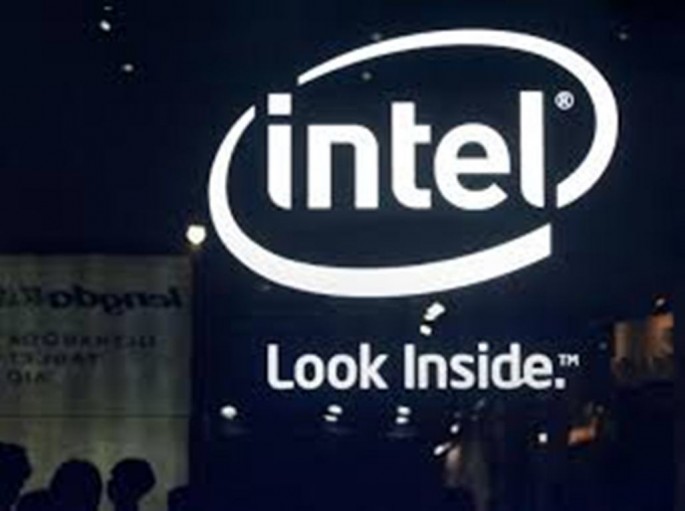Intel Xeon E7 v4 processors are now being introduced by the pioneering tech giant company following the introduction of Xeon E5 v4 server chips. With the coming of these powerful business-centered processors, it is to be expected that big data processing and analytics will somehow become faster despite massive analytics workload.
These two new processor models introduced by Intel, namely E7-8800 v4 and E7-4800 v4 processors, are pegged to be a business-focused CPU. And it is expected that major companies will update their system with these latest processors available, especially when comparison against its previous E7 v3 models are highlighted.
Based on Intel's official website, the E7 v4 processor models uses the "Broadwell microarchitecture," and are fabricated using a "14nm process." The company also boasts a "x1.3 performance" when you switch from the v3 models down to the new v4 processor models. Apart from that, an easy upgrade from v3 models can be made because this latest addition of processors can easily fit into the socket of the E7 v3.
With highlights pointed above, it would be easy for companies to set an upgrade. It is said that with the help of these newly introduced processors, performance will be increased with the support of eight-socket E7 v4 processors that can support up to 24T of RAM. The E7-8800 v4 and E7-4800 v4 processor models will provide companies 10 times better performance, while requiring half the system power as compared IBM's Power 8 solutions, according to Digital Trends.
On the other hand, while the E7 v4 24-core processor of Intel are poised to take over the big data processing, its 10-core CPU seemed to be on the opposite side. After unveiling its first 10-core desktop CPU, i7-6950X, some experts raised an eyebrow over the latest update on the processor of desktop CPUs. Questions on who will buy this expensive piece were the primary concern, according to Kotaku.
The logic behind the criticism or the issue is that it is less expensive (gaming context) to build two gaming systems than to build a high-end gaming system based around the latest Intel's 10-core Broadwell-E CPU. Though opinions may vary, still Intel introduced new technology that would propel both gaming and business to another height without any question.
Watch belo evolution of Intel processors:



























